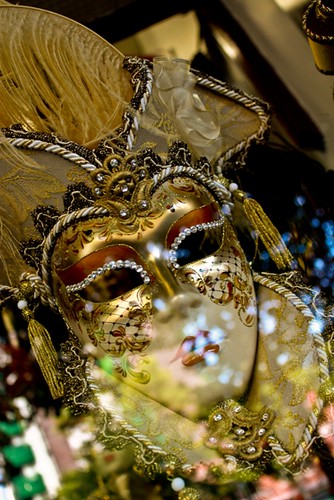Trinity College Chapel by Parakrama Ekanayaka
The Chapel is perhaps the most poignantly sublime symbol of Trinity for most Trinitians across the ages, irrespective of their faith. Though distanced by the years and geography, our memories often rest among those pillars, under the cooling shade of bare clay tiles with a view of Hantana nestled among the treetops. Even the quiet breeze rings with voices of friends and teachers of a time now bygone...
Yet the high roof resting on crafted pillars and adorned walls, the chimes of its bell tower and serene garden; is more than a marvel of architecture for Trinity’s choristers who sit on the elevated pews below the alter. As one who has spent many years there not so long ago, that beautiful space occupies a very special place in my life – not merely for its monumental impressions but also for the profound life-lessons, memories and inspiring people that I associate with it.
Among the dedicated teachers and inspired Chaplains who shaped our lives and nurtured our minds, Mr Ronald Thangiah remains a beacon of light that guides us still. A year and three weeks has passed since he left our midst, but I have no doubt his life will inspire generations of Trinitians to come. This was never going to be an eulogy but a celebration of the music of life that he so generously shared with us over four decades of service to our school and to God, so that we may continue to learn from the lessons he taught us.
He taught us how to sing: to create and propagate beauty by what we say and do, to seek out excellence and enjoy the journey that takes us to the pinnacles of our endeavours and aspirations. He taught us that it was more important to be faithful to ourselves and to God, even when that means we may sometimes have to deviate from the score to improvise. We sang Rutter and old folk songs, revelled in the Choir parties and the ‘paan parties’ and were lucky enough to count ourselves among his students.
‘Through all the changing scenes of life’, his family was his most sacred composition. The dignity and self respect that defined his life’s work was his masterpiece. The rhythm of his actions always held true to the beat of his heart and that was the greatest example of his life. Today we join our voices together with his family, close friends and loved ones in giving thanks to God for the life and work of his faithful servant.
We will remember the words: because he did not allow the allure of a melody to drown out the meaning of words. His words were deliberately meaningful and his actions had a creative purpose beyond the immediate concerns - to lead by example. He chose the most appropriate words and was a master at choosing the most suitable time. He was forthright but never harsh, nurturing and never authoritative.
We will remember the melodies: because he taught us that as much as the pitch of notes that wave across the score of a divine melody, so too must life also follow the same rhythmic rise and fall, to etch its sweetest memories. He reminded us that ears that are not repulsed by the cacophony of crows may never be bewitched by a symphony; and a life that has not known the depth of despair may never scale the heights of ecstasy.
We will cherish the harmony: of different voices, each tone swinging to a different tune but blending in complete harmony. He taught us how we would be richer - not merely for the diversity of our constituent tones and pitch, but more importantly for being able to combine our hearts and minds and voices for a common purpose. As each of us sang our own part, we were encouraged to listen to others. There was no individual or collective gain in singing louder than the rest. He was keen for us to understand that making beautiful music as a choir was a metaphor for life, of teamwork and coexistence, to realise the value of individual contributions as well as the joys of striving collectively for the greater good of all.
We will remember him: Above all, he was honest to himself and had the courage of his convictions to stand up and fight for just cause. His had a special place in his heart for the choir and choristers of Trinity. Soon after his retirement in 2006, he shared with me this solemn reflection: “I miss the choir and the choir practices.” he wrote. “The choristers have always looked up to me to deliver the goods and I'm proud to say I usually did. But when I failed to restore what was rightfully yours, I didn’t deserve to continue to be your Choir Master. It would have been undignified to do so.”
It was not only his genuine humility and sense of duty that made him an endearing teacher. The choristers and their choirmaster mutually held each other in highest respect. “As for me, the choir and choristers always came first” he continued. “Everything I did was because the choristers have always been a super, fantastic bunch of boys. Carol Services were a by-product.”
The worldview he shared with us, the attitudes he exemplified, the standards of dignified conduct he encouraged and the taste and appreciation of music he inculcated in us have all shaped our lives. For that we are eternally grateful. Perhaps that is why we shall not mourn, but celebrate his life; and hope that his example will live on through our lives also.
~



